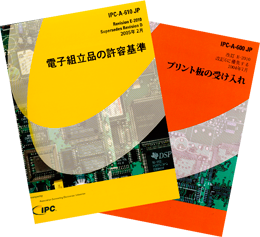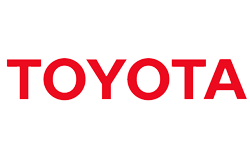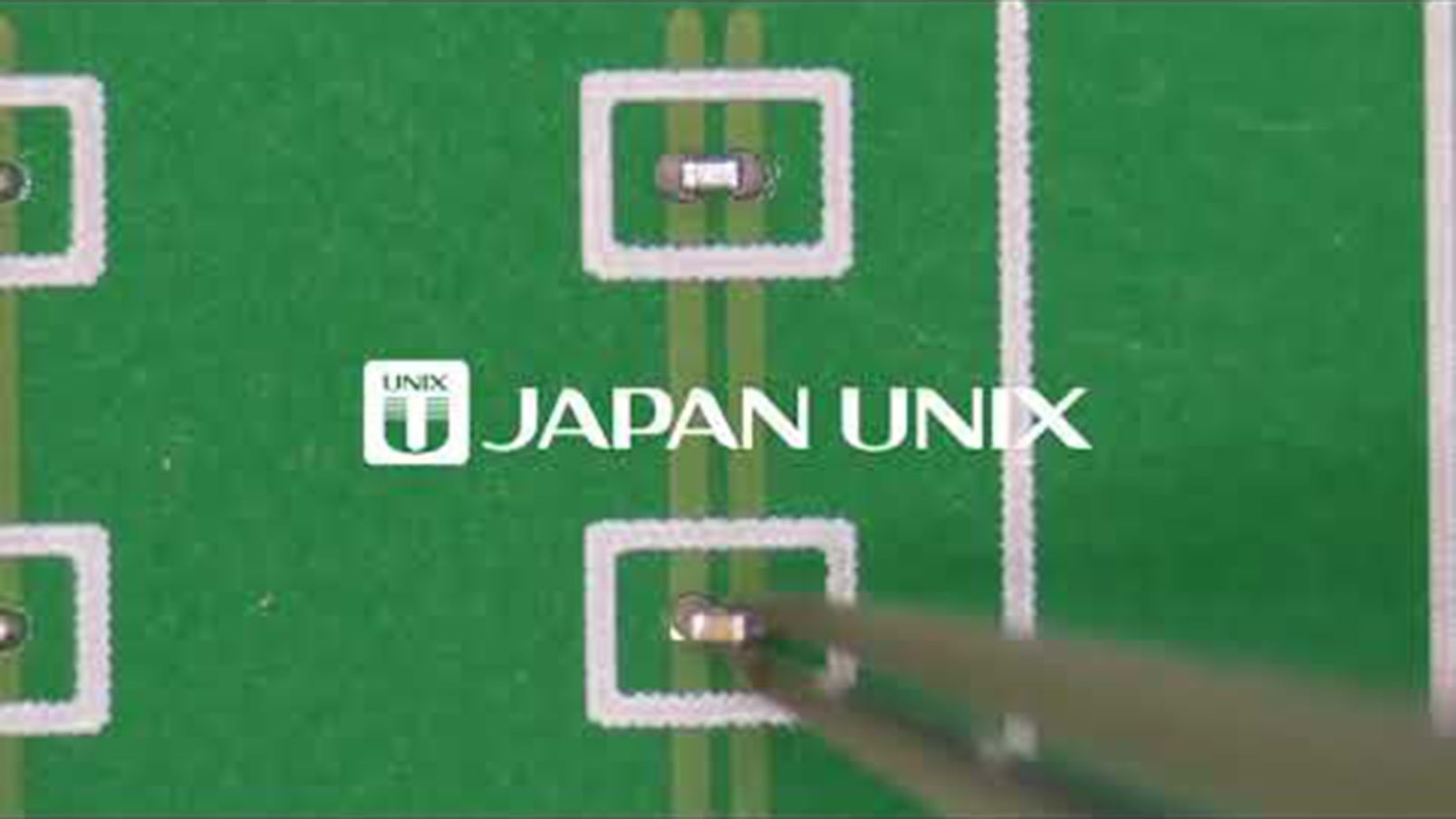IPC
IPC and Grobal Standards
What is IPC?
IPC is a trade association dedicated to “Standardization of assembly and manufacturing requirements” for electronic devices and components. IPC establishes “Quality Sandards” for all business processes in the manufacturing industry, and is adopted and operated by various manufacturing companies around the world.
“Association for Connecting Electronics” 17 Locations Worldwide
IPC, a trade association for the global manufacturing industry was founded in 1957. IPC has contributed significantly to the development and stability of the electronics industry in particular, printed circuit board designers and manufacturers, and electronics manufacturing companies, and IPC standards have been adopted by numerous top manufacturers in Europe, the United States, and Asia. Since then, the organization has been working to strengthen the connections between the electronics industry.


Contributed to Space and Aviation Standards and Developments such as MIL and NASA
Initially, PCB manufacturers were the main players, but EMS, materials, and electronics manufacturers from various countries have joined to support the standardization of quality throughout the value chain, including supply, design, procurement, and manufacturing.
About 30 years ago, MIL standards, NASA and other standards related to aviation and space products, which were under the control of the US government, were transferred to IPC. They are the basis for the current IPC standards, which have been continuously improved and modified to meet the changing times.
IPC is deeply involved in the creation of quality standards for the manufacturing industry, and supports the growth and stabilization of the industry through globally uniform standards.
Standards Development Process by Manufacturing Companies and Research Institutes
The standards are not developed by IPC staff, but by member companies from various industries. The IPC only controls the process and works to promote uniform standards as industry standards. The IPC is open to all manufacturers, and anyone who finds a mistake or outdated IPC standard can bring it to its attention, and the IPC will investigate, verify, and improve the standard with the help of third-party research institutes and experts.


President & CEO of IPC
Differences between ISO and IEC. International and Global Industry Standards.
Same mechanism as ISO, but different standardization scopeIPC’s main focus is quality control and standardization of standards in the manufacturing industry, covering design standards, material standards, PCB standards, and implementation standards, etc. IPC’S main role is to work with member companies to create standardized standards. In creating standards, IPC works with the entities in the industry and research institutes to strike a balance between the supply chain.
Unlike the IEC, we do not take national standards, but work with companies around the world to create a global, unified standard. We combine their data and expertise into a single document for standardization.
Companies try to protect their proprietary information to maintain competitive advantage. It can be difficult to get these companies to join forces. However, IPC does this on a global scale. The primary motivation for companies to create a common standard is to reduce costs and stabilize quality.

The IEC provides international standards (international standards), while IPC provides global standards (global standards); in the IEC, it is the country that creates the standard and requires compliance, whereas in IPC, international companies come together to create standards. Therefore, IPC works with the technical and quality managers and management of product manufacturers to create standards. Adherence to those quality standards is for the companies that are suppliers and manufacturers to guarantee a certain level of quality to their suppliers and users on a global level, not for the country.
IPC has already achieved considerable success and has become the default standard for manufacturing companies. It may not be a national default standard, but it is created by companies among themselves and used by each as a global standard.
Why is IPC needed in the world today? For Japanese companies aiming for globalization
In today’s global economy, inter-country business transactions are commonplace. For example, even a U.S. corporation may purchase key components from a Japanese company, manufacture circuit boards at an EMS in China, and perform assembly at a factory in Mexico. In such global business, it is naturally important to comply with the standards of each country, but there is also a need to maintain quality under common standards among related companies. In addition, by using unified standards as a common language in various countries with different cultures and customs, it is possible to maintain and manage standardized quality on a global level.
As a manufacturing powerhouse, Japan has secured a large share of the global market by virtue of its high quality. Such Japanese global manufacturers have undoubtedly established their position today through very high in-house quality standards. However, when trading globally, the quality standards demanded by suppliers become IPC. What is important is to know the differences between the standards required by your company and those of your business partners, and to be prepared to respond and dialogue when differences arise.
In addition, globalization has become inevitable even for small and medium-sized Japanese companies. It is not enough to simply develop products, language, and sales channels; globalization can only be achieved by understanding and meeting “the level of quality demanded by the world.

 日本語
日本語 中文
中文 Deutsch
Deutsch Español
Español


